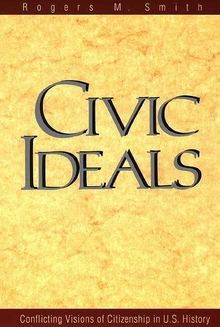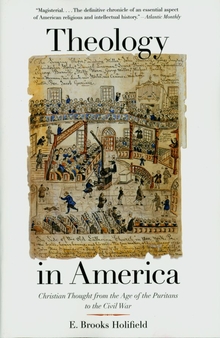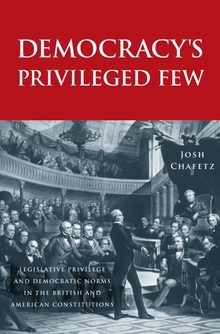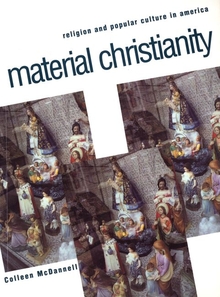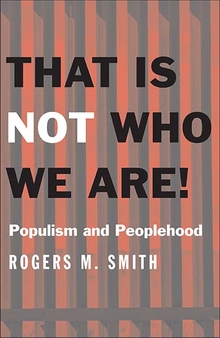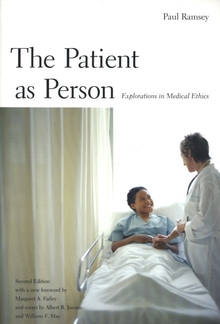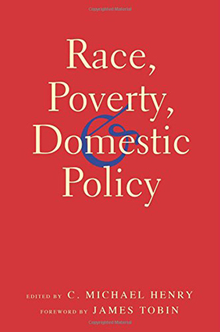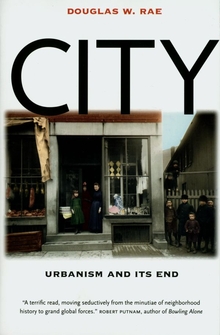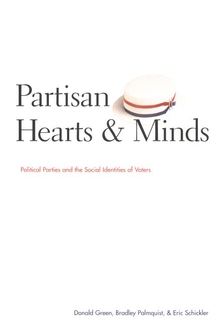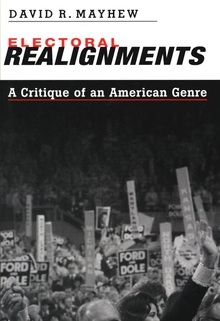Civic Ideals
WARNING
You are viewing an older version of the Yalebooks website. Please visit out new website with more updated information and a better user experience: https://www.yalebooks.com
Conflicting Visions of Citizenship in U.S. History
Rogers M. Smith
Is civic identity in the United States really defined by liberal, democratic political principles? Or is U.S. citizenship the product of multiple traditions—not only liberalism and republicanism but also white supremacy, Anglo-Saxon supremacy, Protestant supremacy, and male supremacy? In this powerful and disturbing book, Rogers Smith traces political struggles over U.S. citizenship laws from the colonial period through the Progressive era and shows that throughout this time, most adults were legally denied access to full citizenship, including political rights, solely because of their race, ethnicity, or gender. Basic conflicts over these denials have driven political development and civic membership in the U.S., Smith argues. These conflicts are what truly define U.S. civic identity up to this day.
Others have claimed that nativist, racist, and sexist traditions have been marginal or that they are purely products of capitalist institutions. In contrast, Smith’s pathbreaking account explains why these traditions have been central to American political and economic life. He shows that in the politics of nation building, principles of democracy and liberty have often failed to foster a sense of shared "peoplehood" and have instead led many Americans to claim that they are a "chosen people," a "master race" or superior culture, with distinctive gender roles. Smith concludes that today the United States is in a period of reaction against the egalitarian civic reforms of the last generation, with nativist, racist, and sexist beliefs regaining influence. He suggests ways that proponents of liberal democracy should alter their view of U.S. citizenship in order to combat these developments more effectively.
A selection of the History Book Club
"Civic Ideals is a work of scholarly ambition on a Victorian scale."—Jeremy Rabkin, Public Interest
"A strong and powerful book."—Lawrence M. Friedman
"Rogers Smith ably and thoroughly documents a white supremacist and masculinist underside to periodic quests for an American national identity. A magnificent book!"—Iris Marion Young
"An excellent chronology of the people, parties, movements, and developments in this often ignored area of American legal history."—Library Journal
"College-level scholars of U.S. history and citizenship issues will find this an in-depth survey of how civic identity in this country is defined by traditions of both liberal principles and the realities of white supremacy."—Midwest Book Review
"Extensively documented, grand in its aspirations, bold in its arguments, and highly significant in its achievement. . .Smith's book is a towering achievement. . . . [his] coverage of ideas voiced by legal authorities and other political actors throughout our history is comprehensive, compelling, and most impressive. . . . [His book] will be of great interest to specialists in American history, political culture, and ideology, and particularly to those who are interested in race, gender, and ethnic relations. . . . The book is relevant to many types of classes regarding law. These include, most obviously, both undergraduate and graduate classes on legal history, law and society, and legal culture. . . . Smith's tome provides splendid studies of leading constitutional cases as well as a rich political contextualization of related legal developments in various eras. . . . No doubt many of us will be debating [ the book's] important insights and arguments for years to come."—Michael McCann, Law and Politics Book Review
"This important volume by Yale political scientist Rogers M. Smith, through a detailed analysis of the legislative and judicial evolution of the concept of citizenship, provides the historical background essential to understanding the extent to which the 'culture wars' have been as much a perturbation of civic as of academic life."—Amova News
"Each chapter is learned, provocative, full of telling quotations and appropriate statistical or institutional facts. The book will be carefully read and deeply mined for lectures and literature reviews; it might even provoke new ways of looking at old historical and cultural questions."—Jennifer L. Hochschild, Princeton University, Political Science Quarterly
"Read in the context of currently competing civic myths, Smith's study of American citizenship laws is even more powerful and liberating. . . . Civic Ideals reviews U.S. citizenship laws from the colonial era through the Progressive years. . . . An important and original book. . . . With this cautionary tale, Rogers Smith has served an important civic purpose."—Kevin P. Quinn, America
"Smith argues effectively that the result of the ever-changing battle of self-definition is a body of laws that undermines the ideal of citizenship based on equality."—Jonathan S. Shapiro, Los Angeles Times
"[A] provocative new history of citizenship in American law."—Jeffrey Rosen, New Republic
"The focus on case law differentiates Civic Ideals from other studies of American nationalism."—Stuart McConnell, Journal of American History
"An excellent and encyclopedic book that should change, at the minimum, how scholars view citizenship matters and those of race and gender, and how they jointly played an active role in shaping American Constitutional jurisprudence."—Barry Alan Shain, Review of Politics
"I recommend this excellent book to all who want a comprehensive view of U.S. citizenship issues."—Thomas Janoski, Contemporary Sociology
"An important and original argument that ranges through a long period of American history and makes a major contribution to the debate about the bases of American nationality and civic identity."—Eric Foner
Publication Date: April 10, 1999

